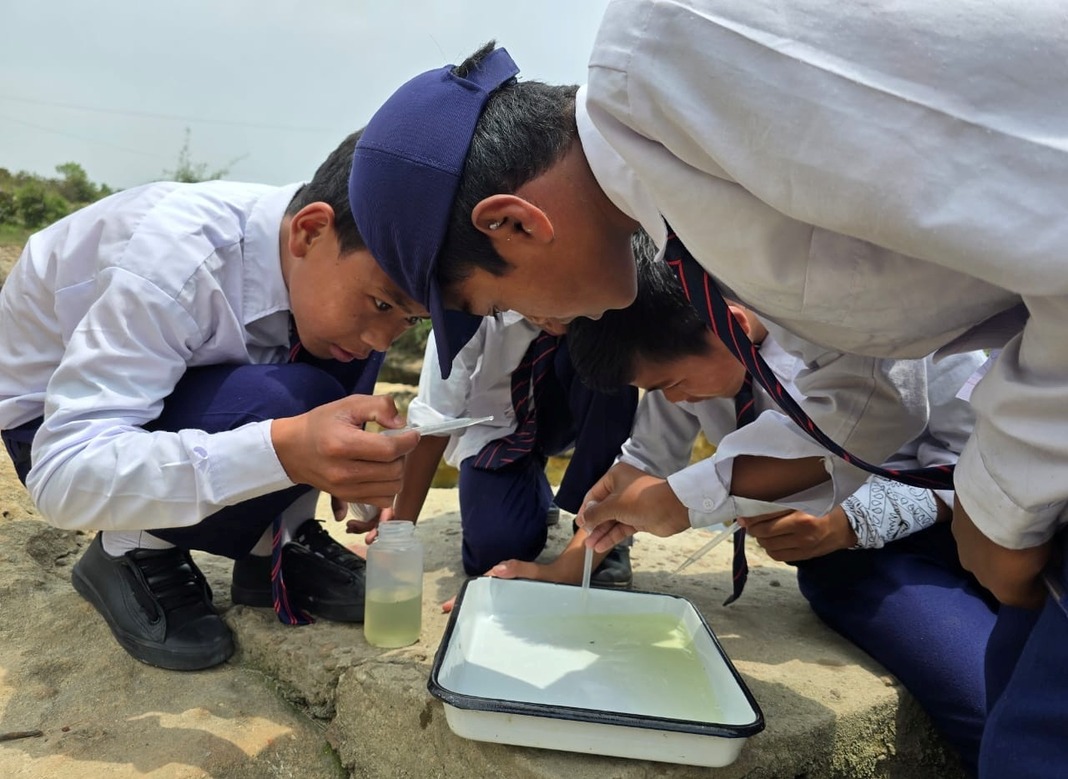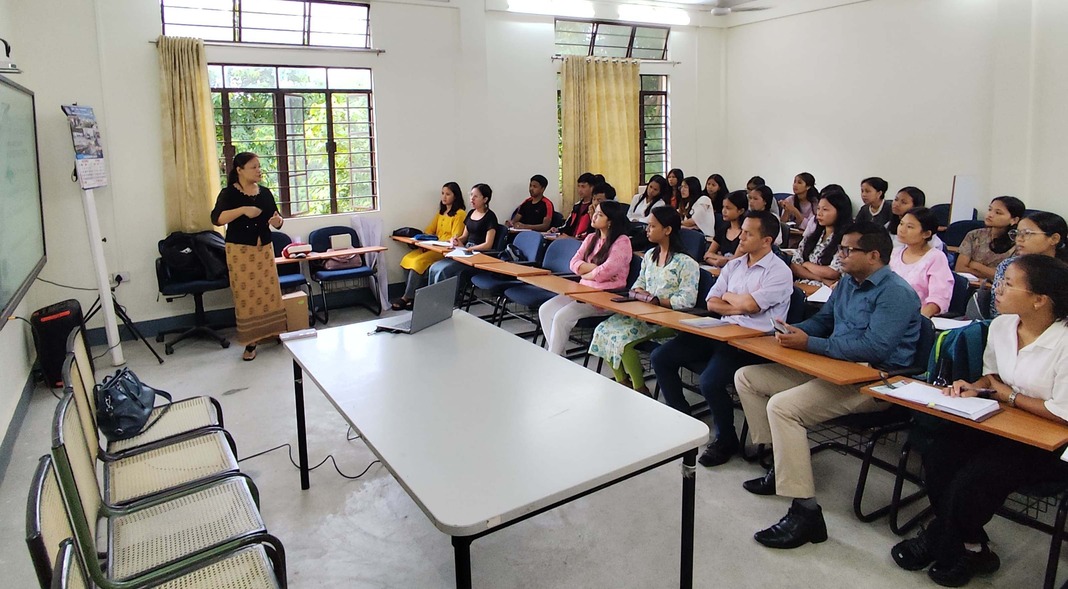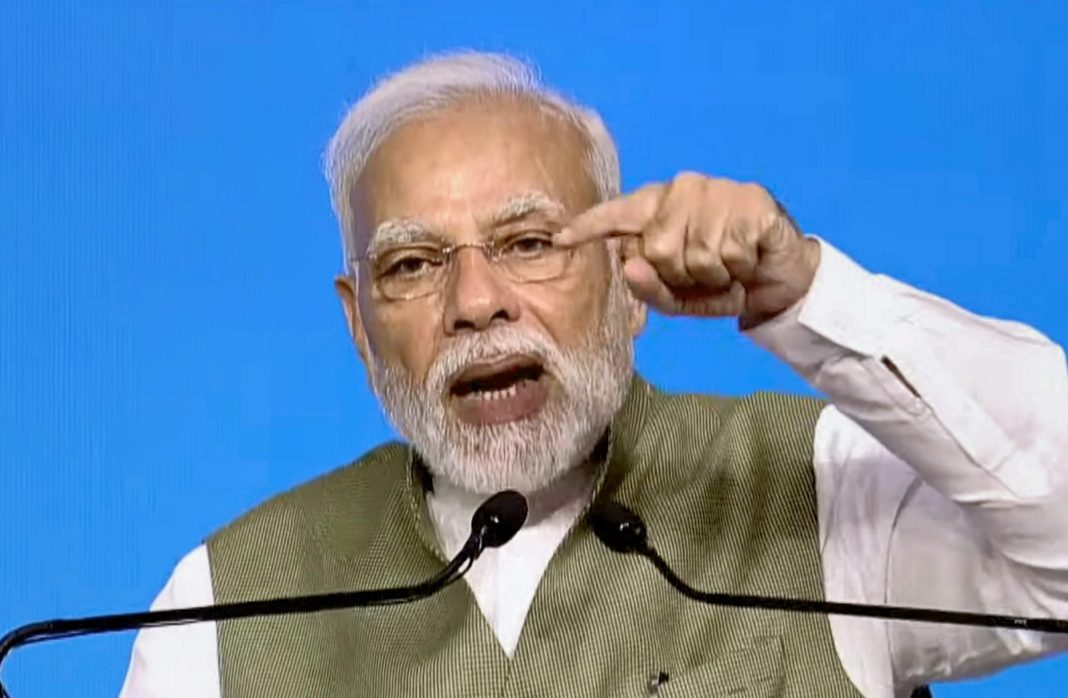Guwahati, Sep 6: Meghalaya is witnessing a shift from traditional healers to public health services for malaria treatment, citing increased trust in modern healthcare.
A study on “Community and health worker perspectives on malaria in Meghalaya, India: covering the last mile of elimination by 2030” published in Malaria Journal recently said traditional healers across the districts would refer cases of malaria to healthcare facilities if patients did not respond to their treatments.
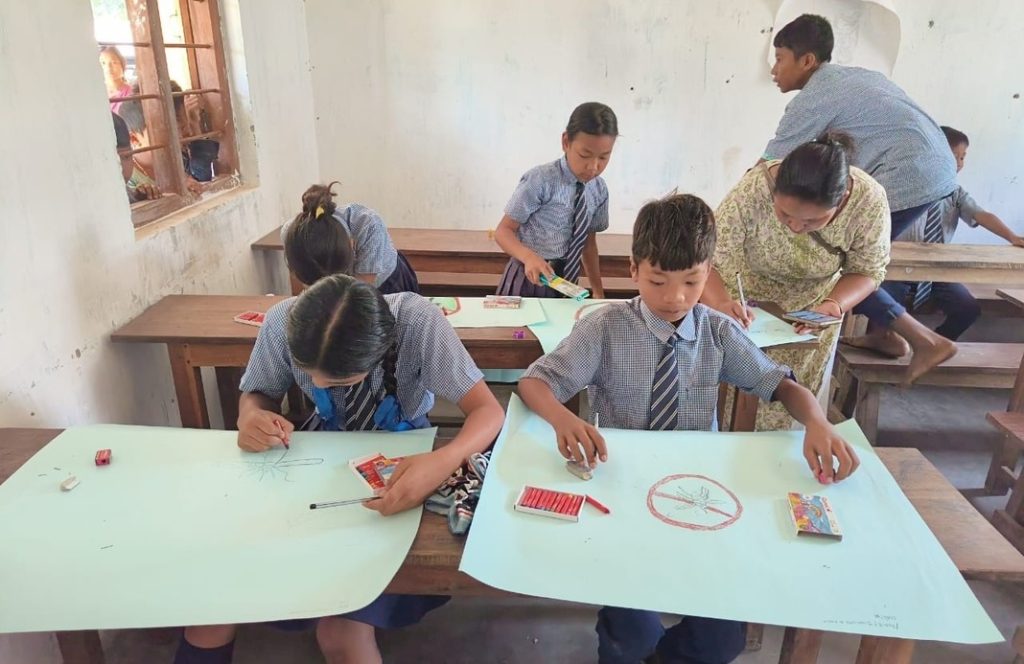
The study included participants from three malaria endemic districts: West Khasi Hills, West Jaiñtia Hills, and South Garo Hills from 2019 to 2021. A total of 82 focus group discussions (FGD) involving 694 community members and 63 in-depth interviews (IDI) with health personnel and traditional healers residing within the three districts were conducted. These districts were chosen because they had the highest Annual Parasite Index (API) in Meghalaya between 2016 and 2019.
The study was done keeping in focus India’s National Framework for Malaria Elimination (NFME) which was established with the overall goals of malaria elimination (i.e., zero indigenous cases) by 2030.
“Analysis of Meghalaya data from India’s National Vector Borne Disease Control Programme (NVBDCP) indicated a general decline in malaria incidence during the past decade” the study said.
“The state of Meghalaya has drastically reduced the Malaria morbidity and mortality over the years but in the year 2023 there was an increase of malaria cases and deaths in our state as compared to the year 2022 with South Garo Hills District contributing most of the cases in our state” a statement from NHM Meghalaya said on World Malaria Day.
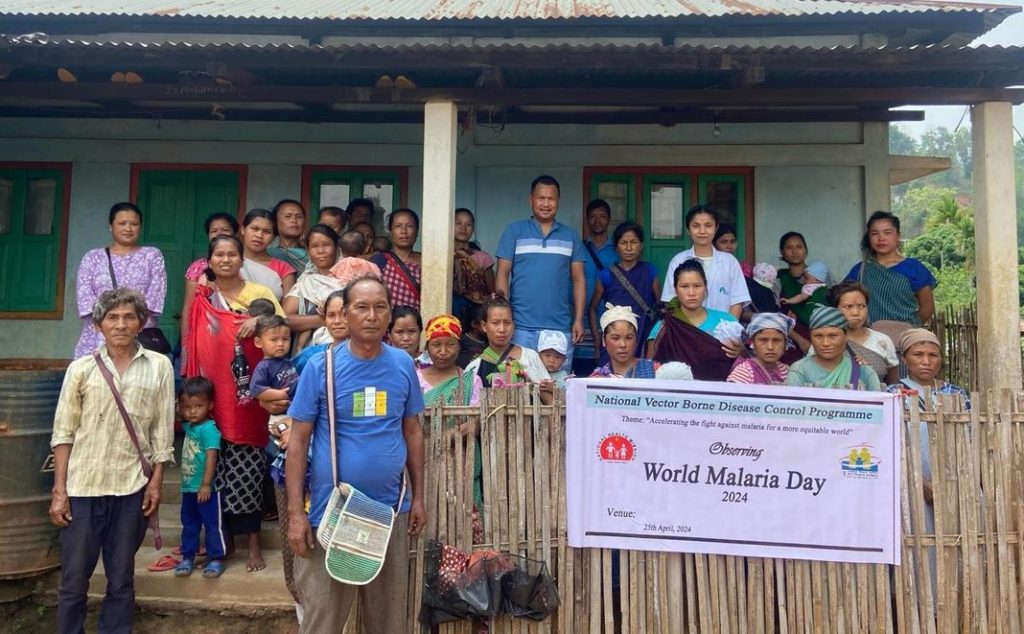
The NHM said many activities have been planned to sustain the momentum towards malaria elimination. “The focus of these surveillance and screening activities is to ensure universal access to early malaria diagnosis and prompt treatment by enhancing and optimizing case management” it said.
The study found out majority of participants indicated they preferred seeking care for malaria from public healthcare institutions, such as PHCs, as government run healthcare facilities are characterised as affordable, with majority of services being provided at no cost; although patients will still incur out-of-pocket expenses for travel, medications or other facilities which are unavailable at the PHC level.
For this reason, there is a smaller number of participants who reported a preference for seeking healthcare from private healthcare providers. Most participants reported having shifted their health-seeking behaviour from traditional healing practices to services at public health facilities.
“This transition is partly due to their belief that timely and effective treatment for malaria was available in the public health system. In the three districts, the participants and healthcare providers had expressed how the frontline health workers are now equipped with basic rapid diagnostic tests (RDT) for malaria and can promptly identify malaria cases, thereby ensuring more timely referral for appropriate treatment that improves outcomes and reduces the risk of complications” the study said.
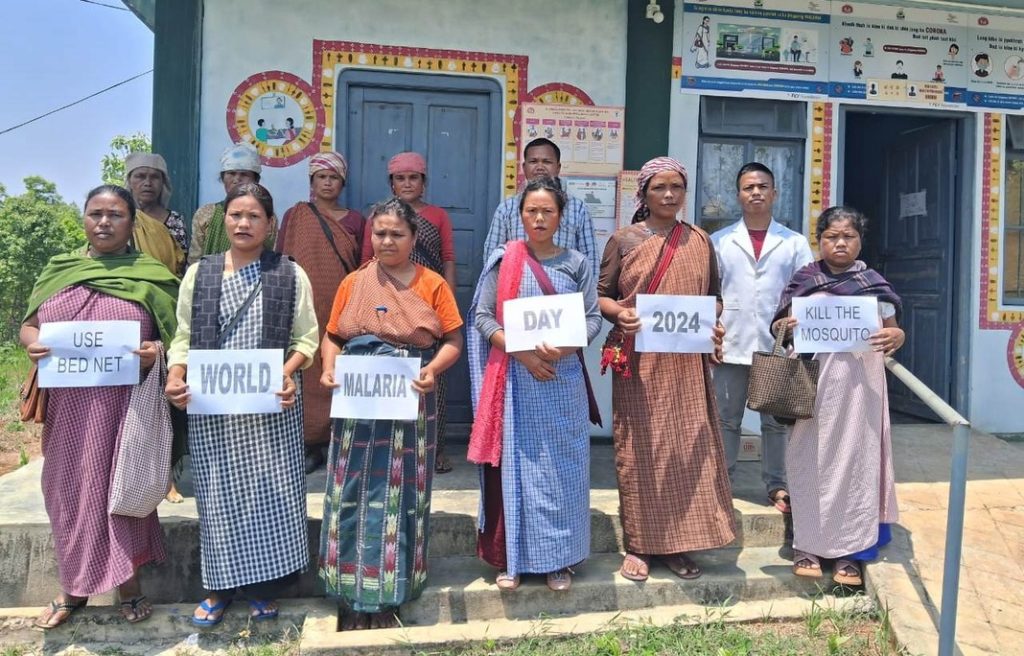
While PHCs were mentioned as the preferred choice for most participants, health personnel did indicate that community members also visit traditional healers for treatment. The reasons offered for seeking traditional healers’ care included the perceived effectiveness of traditional healing methods, the limitations of modern medicine in certain scenarios, the (in) accessibility of healthcare services, and personal preferences.
The study says a traditional healer from South Garo Hills provided insights into his practice and the preparation of his medicines according to the patient’s specific ailment. He said gathering the required herbs is often time-consuming, as he needs a full day of travel to the forest to collect them. The healer acknowledged that not all patients will be cured by his treatments.
Participants across West Khasi Hills, West Jaiñtia Hills, and South Garo Hills reported a significant decline in malaria incidence. “This was attributed to better health-seeking behaviors, government interventions like the distribution of long-lasting insecticidal nets (LLINs), and improved access to testing and treatment” the study said.
“Most participants recognized mosquitoes as the vectors of malaria and could identify common symptoms such as fever, chills, and body aches. However, there were some misconceptions, with a few participants linking malaria to other diseases like typhoid or even mental illness due to “bad spirits” , the study said.

